Big Jake 2 (2025)
Big Jake 2 (2025) is a sweeping, emotionally charged Western epic that honors the grit and legacy of the 1971 classic starring John Wayne — while carving out a bold, modern continuation of the McCandles family saga. Directed by Scott Eastwood and produced by the Wayne family in collaboration with Taylor Sheridan, this long-awaited sequel bridges old-school Western storytelling with a contemporary cinematic scale. Set nearly thirty years after the original film,
The story begins in 1902, at the twilight of the Old West. The frontier is fading, lawlessness is giving way to modernization, and legends like Jacob “Big Jake” McCandles have passed into myth. His son, Michael McCandles (played by Scott Eastwood, stepping into the role originally portrayed by Christopher Mitchum), has taken over the family ranch in the New Mexico Territory. Haunted by his father’s shadow and hardened by years of violence, Michael has built a quiet life raising horses and raising his teenage son, Daniel (Finn Little,
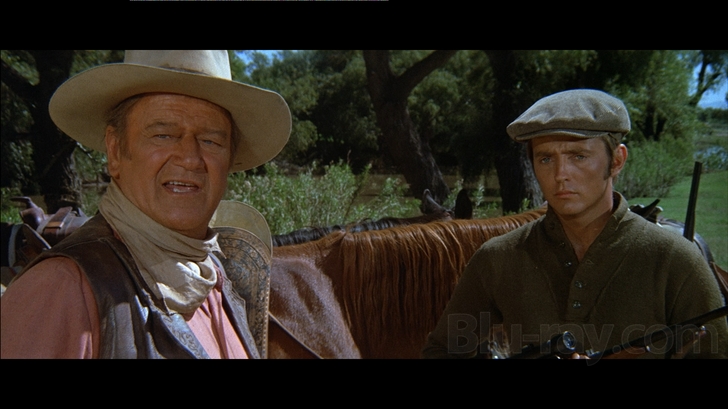
When Daniel is kidnapped by hired guns working for a railroad tycoon named Cyrus McCall (Josh Brolin), who plans to seize the McCandles land for expansion, Michael is forced to do what his father once did: saddle up, track down the men who took his son, and bring him home — dead or alive. But the world has changed since Big Jake’s time. The gunfights are faster, the enemies more ruthless, and the rules of the frontier no longer apply. Michael enlists the help of his father’s old friend, Sam Sharpnose (Wes Studi, reprising his role as the aging Apache tracker), along with a fiery Pinkerton agent, Clara James (Hailee Steinfeld), whose quick wit and sharper aim make her both ally and challenge.
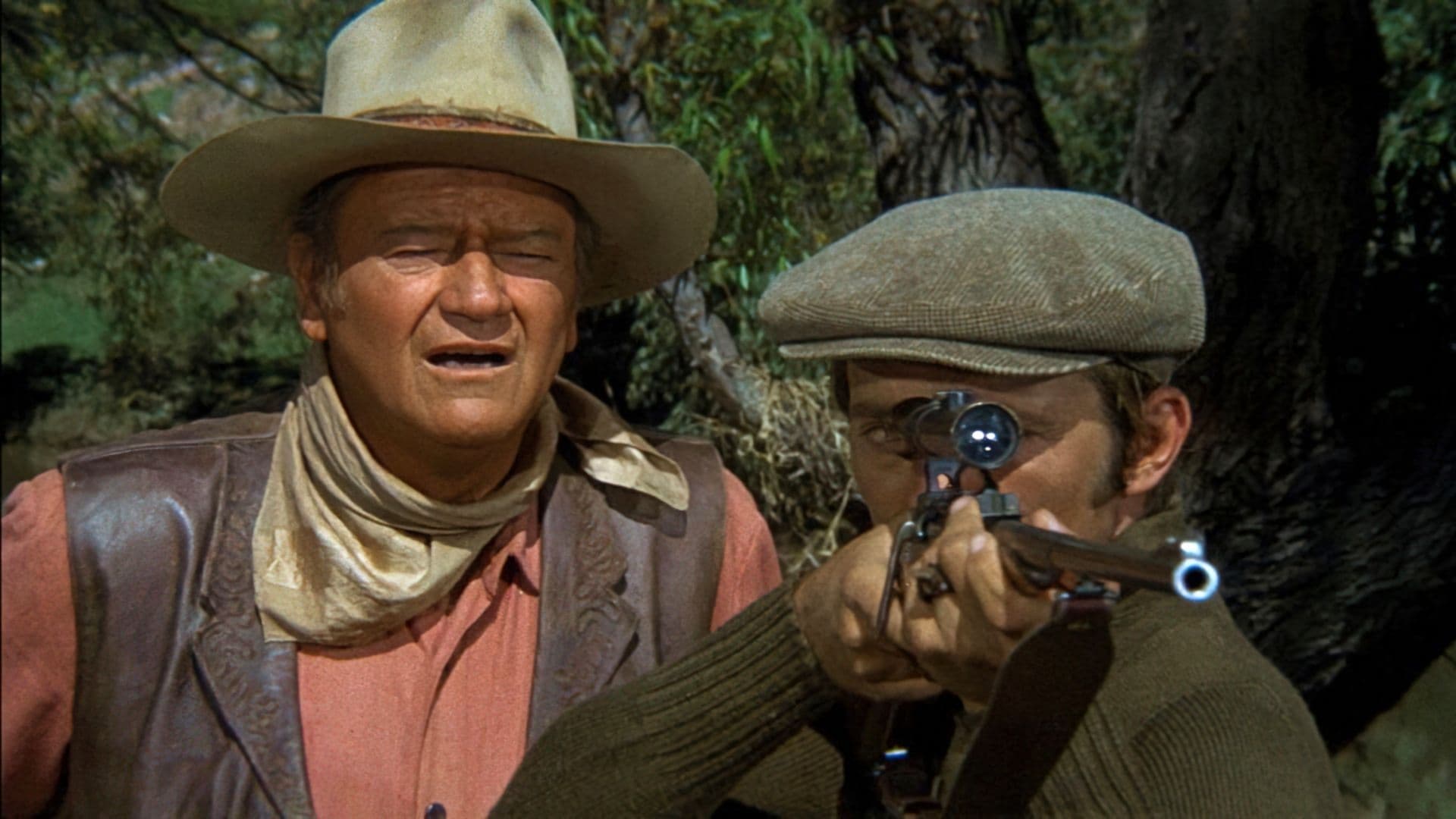
As the search unfolds across vast deserts, mountain passes, and ghost towns, Big Jake 2 becomes more than a rescue story — it’s a generational reckoning. Michael must confront not only the men who took his son, but also the ghost of the father who raised him to survive without softness. Flashbacks featuring digitally restored footage of John Wayne as the original Big Jake (used tastefully and sparingly) add emotional weight, showing moments of wisdom, humor, and regret — a man who knew that being tough didn’t mean being heartless. Sheridan’s influence is felt in every line of dialogue: terse, philosophical, and steeped in the moral gray of men trying to do right in a world that punishes it.
The cinematography by Ben Richardson (Wind River, 1883) is breathtaking, capturing the grandeur and danger of a West caught between eras — steam trains cutting through the prairie, lightning storms over canyon ridges, and dust trails glowing gold in the evening sun. The score, composed by Carter Burwell, nods to Elmer Bernstein’s classic Western themes but adds a haunting, elegiac tone — more reflective than triumphant. The film’s sound design emphasizes realism: hooves in the dirt, creaking saddles, the echo of a single rifle shot cutting through silence.
In its powerful climax, Michael faces McCall and his mercenaries in a ghost town built atop the ruins of a stolen reservation. The final gunfight is brutal and intimate, mirroring the famous ending of the original film — not as a spectacle, but as a moment of reckoning. When the smoke clears, Daniel is safe, but Michael stands bloodied and changed. “My father taught me how to fight,” he says in a quiet, broken voice, “but he never taught me how to stop.”
The film closes with Michael returning home, standing before his father’s grave as the sun sets over the ranch. In a voiceover echoing John Wayne’s gravelly drawl, we hear Big Jake’s final wisdom:
Big Jake 2 (2025) is a triumph of modern Western storytelling — a film that honors the Duke’s legacy while speaking to today’s audience. Gritty, heartfelt, and cinematically stunning, it stands as both a farewell to the Old West and a reminder that courage, loyalty, and love of family never go out of style.
Longmire – Season 7 (2025)

Longmire – Season 7 (2025) marks the long-awaited return of the beloved neo-Western crime drama, resurrecting the stoic sheriff and his world of rugged justice for one final, emotionally charged chapter. Developed once again by John Coveny and Hunt Baldwin, with Robert Taylor reprising his iconic role as Walt Longmire, the new season picks up several years after the events of Season 6 — exploring redemption, legacy, and the question of whether a man can truly leave behind the life that defined him.
The story opens in Absaroka County, Wyoming, where a decade of uneasy peace has settled over the wide plains. Walt Longmire has retired from law enforcement, living quietly on his ranch with Vic Moretti (Katee Sackhoff), now his longtime partner in both life and love. Their world is calm but not content — Vic wrestles with the ghosts of her past cases, while Walt finds himself restless, haunted by dreams of unresolved wrongs and the steady encroachment of corporate power on the Wyoming frontier. When a mysterious murder occurs on Cheyenne land — a tribal activist found dead under suspicious circumstances — Walt is drawn back into a world he thought he’d left behind.
The crime quickly reveals deeper fractures beneath the surface. Henry Standing Bear (Lou Diamond Phillips), still running The Red Pony bar and serving as a cultural bridge between communities, warns Walt that this case isn’t just another killing — it’s the spark in a powder keg. A private energy company, backed by out-of-state interests, has been drilling near sacred tribal ground, stirring tension between the Cheyenne Nation and local ranchers. As Walt investigates, he uncovers a web of corruption, cover-ups, and disappearances that lead back to powerful men who view the land — and its people — as expendable.
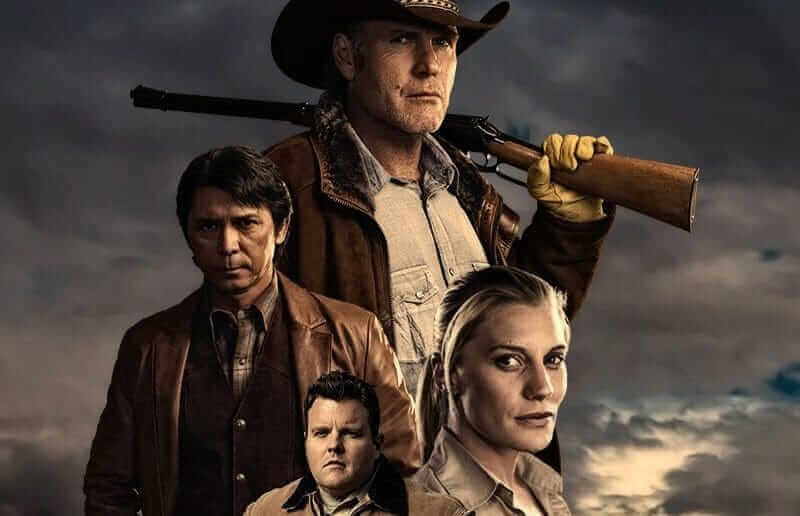
What follows is classic Longmire — quiet intensity punctuated by bursts of violence and moral reckoning. Walt, now slower but wiser, must confront the limits of his own code in a world that no longer believes in simple justice. Vic, now a lieutenant in the sheriff’s department, struggles to balance her loyalty to Walt with her duty to the law. Their relationship deepens into something raw and tender — two broken souls bound by loyalty and loss. Henry’s role grows profoundly spiritual this season; his story becomes one of healing, identity, and the painful cost of wisdom.
The season also brings back familiar faces: Ferg (Adam Bartley), now the sheriff of Absaroka County, finds himself torn between political pressure and the example of his mentor. Cady Longmire (Cassidy Freeman), now a prominent attorney and advocate for Native rights, fights to protect the land her father once defended with a badge. Her growing alliance with the tribal council — and her moral clash with the energy company’s legal team — puts her directly in the crosshairs of those who would destroy everything the Longmires have stood for.
Visually, the series remains as breathtaking as ever — sweeping shots of Wyoming’s mountains and valleys bathed in golden light, contrasting the serenity of nature with the brutality of human greed. The cinematography emphasizes silence and solitude: long takes of Walt riding alone across the plains, or standing beneath the wide-open sky, his weathered face framed against gathering storms. The score by David Buckley returns, layering mournful strings and subtle percussion to create a soundscape that feels both timeless and tragic.
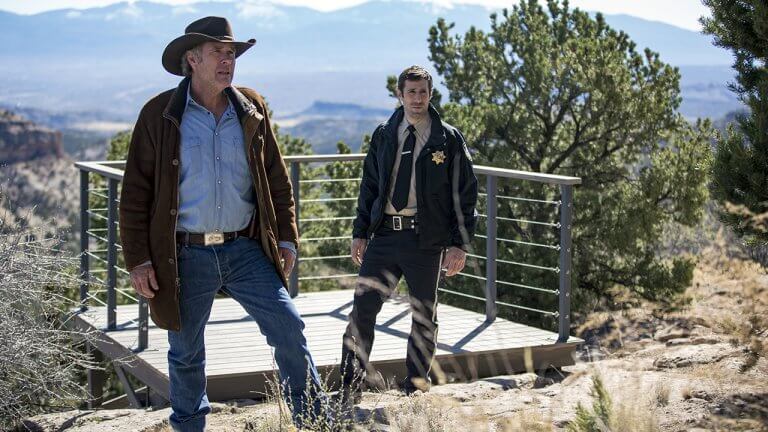
In the gripping finale, Walt uncovers proof that the company’s CEO — a former state senator — orchestrated multiple murders to cover up environmental crimes. The final showdown takes place on the same ridge where Walt first found peace years ago, now transformed into a battleground for the soul of Wyoming. When the dust settles, justice is served, but at a cost: Henry is gravely wounded, Vic resigns from the department, and Walt, once again, finds himself alone on the land he swore to protect. In the closing moments, Walt writes in his father’s old journal, his voice steady and calm:
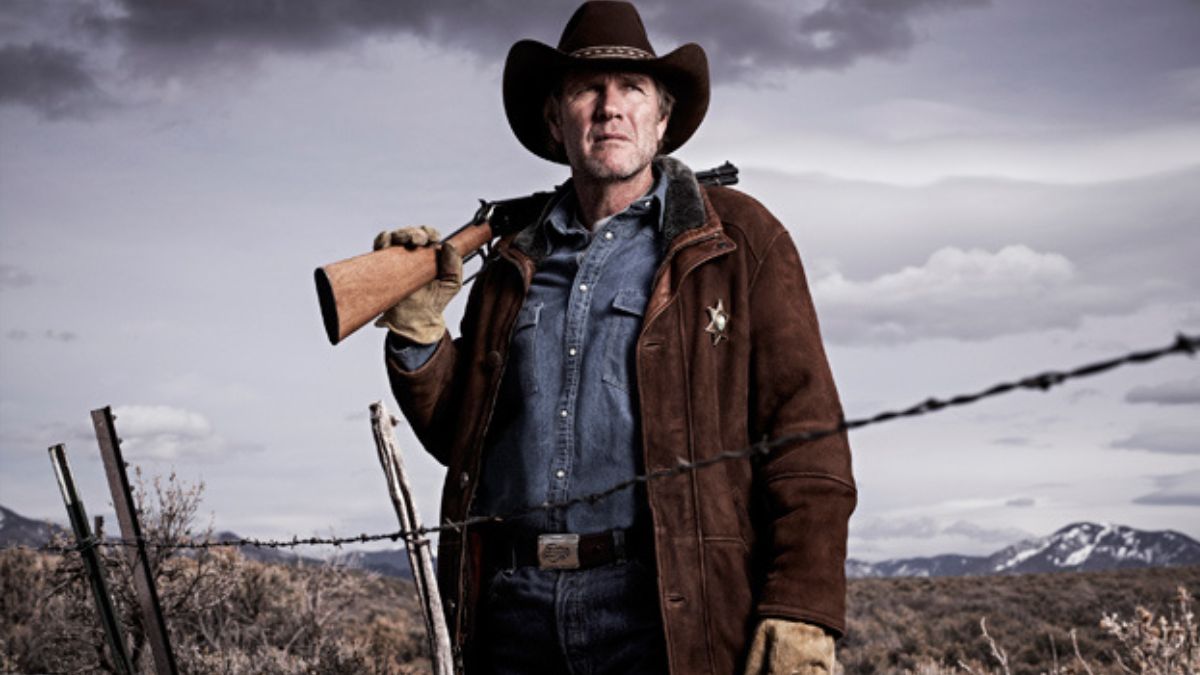
Longmire – Season 7 (2025) ends not with action, but with grace — Walt standing by the fence line at sunrise, watching wild horses run across the prairie. The camera pulls back slowly, the sky burning gold, as the iconic theme swells one last time. A story about justice, family, and the endurance of the human spirit, the final season closes the book on one of television’s most quietly profound heroes — a man who learned that true strength lies not in the gun you carry, but in the peace you finally make with yourself.





